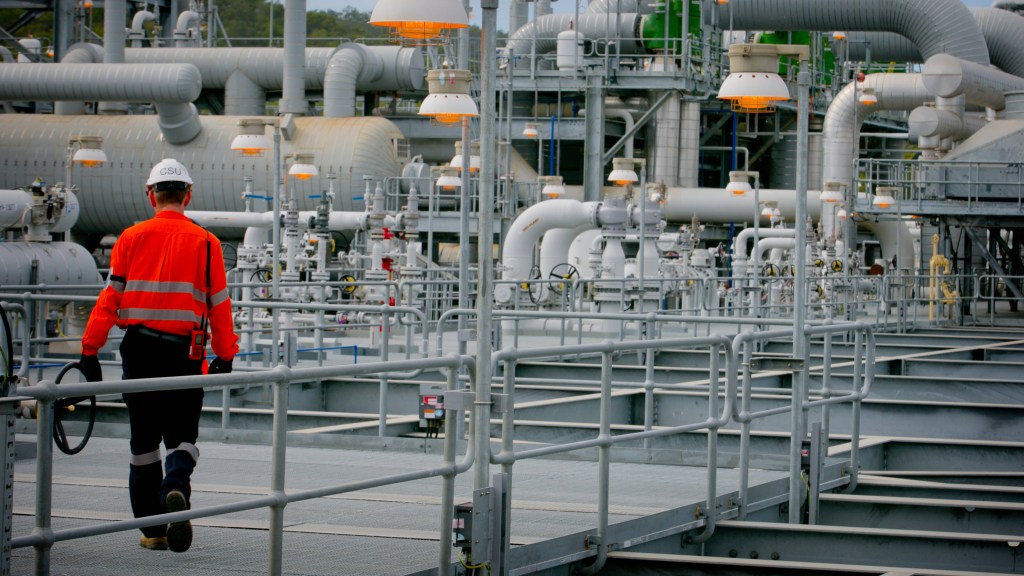Shell’s LNG Output Decline Due to Cyclones in Australia
Shell has reported a decrease in its liquefied natural gas (LNG) production for the first quarter, attributed to adverse weather conditions and unexpected maintenance issues in Australia.
The oil and gas giant, Europe’s leading energy company, adjusted its LNG production forecast ahead of its first-quarter results announcement scheduled for May 2.
The company now anticipates reporting an LNG production range of 6.4 million to 6.8 million tons for the three months ending in March, a reduction from its earlier projection of 6.6 million to 7.2 million tons. This also marks a decline compared to the 7.1 million tons produced in the previous quarter.
Shell attributed this production cut to a mix of cyclones and unexpected maintenance requirements. In February, the company indicated that poor weather conditions had forced it to defer some cargo loadings from its Prelude floating LNG facility located off the coast of Western Australia.
Last year, Shell posted adjusted earnings of $23.7 billion, stemming from its diverse energy operations, which include oil and gas extraction and retail activities.
Recognized as the largest independent trader of LNG in the world, Shell is engaged in the trade of substantial volumes of LNG produced by third parties, alongside its own output.
In a recent statement, Shell outlined its intention to strengthen its market position by increasing LNG sales by 4 to 5 percent annually through 2030. It also noted that the performance of its gas trading sector is projected to remain consistent with the previous quarter.
Furthermore, Shell has refined its oil and gas production expectations to an equivalent of 1.79 million to 1.89 million barrels of oil per day, down from an earlier estimate of 1.75 million to 1.95 million barrels per day.
The company also indicated it anticipates a $100 million write-off related to exploration for the quarter, although further details were not provided. This update came amid a significant drop in oil prices, fueled by concerns over tariffs impacting demand, leading to a 6 percent decline in Shell’s share value.




Post Comment